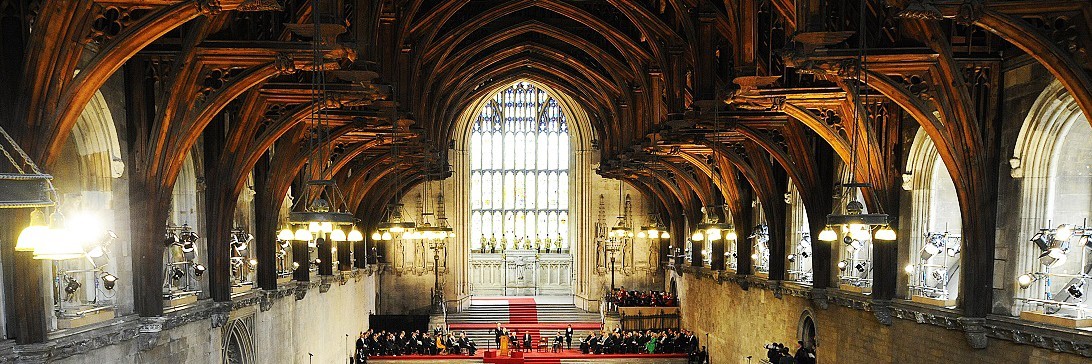The All-Party Parliamentary Human Rights Group (PHRG) attended a meeting organised by the Burma All-Party Parliamentary Group on 17 January at which Dr. Azeem Ibrahim, author of “The Rohingyas: Inside Myanmar’s Hidden Genocide”, provided an overview and update about the plight of the Rohingya in Burma. The meeting was chaired by Baroness Nye.
The main points which arose were as follows:
- The Rohingya Muslims, referred to by some as the most persecuted minority in the world, have lived in Burma for centuries; the notion that they are illegal immigrants from Bangladesh simply does not stand up to historical scrutiny. The term “Rohingya” has been used from at least 1799.
- There has been animosity between the Rohingya and the majority Buddhist population for many years, which increased after the military coup in 1962, when the Government were seeking scapegoats. The Rohingya were then referred to in the constitution as foreigners, and later effectively denied citizenship under the 1982 Citizenship Law. It is believed that 1 of 7 stateless people in the world are Rohingya.
- In 2012-2013 there was a spike in violence against the Rohingya fuelled by extremist Buddhist elements, for which there has been virtual impunity. The Government also began to call repeatedly for the Rohingya to be sent to a third country
- Rohingya are now contained in IDP camps which appear to be permanent and from which they are not allowed to leave. If they do manage to escape, they usually become victims of people smugglers who take them to Thailand or Malaysia, where they can up in the slave trade. It remains difficult, however, to get the full picture of what is going on in the area because access is strictly controlled by the authorities.
- Though Aung San Sui Kyi, State Counsellor and effective Burmese Head of State, has set up a number of Commissions to look into the situation, including the Presidential Commission to investigate recent violence in northern Rakhine state and the Advisory Commission on Rakhine State to investigate issues relating to economic development headed by Kofi Annan, (with their preliminary findings due in March and their final report in the summer), she has said both sides are equally to blame for the current situation and has not been willing to use the term “Rohingya”.
- The Presidential Commission’s interim report, released earlier this month, found no cases of genocide or religious persecution of Rohingya Muslims in the wake of deadly border guard attacks in October by a Rohingya organisation; this finding has not been viewed as credible by human rights organisations and others. Human Rights Watch, for instance, has used satellite imagery to show that over 400 buildings were burnt to the ground following the October attacks.
- It is vital that the international community puts pressure on the Burmese Government to address the situation, to prevent a future genocide. The Rohingya themselves are finding it very difficult to make their case heard at the international level.
- As a matter of urgency the international community must get the Burmese Government to allow independent media into the area so the facts can be established. In addition, there should be a UN-mandated independent human rights inquiry and a state-sponsored inter-communal dialogue. The UK Government could help with this. Aung San Sui Kyi should also be asked to speak out about the situation, particularly as she is viewed as the moral conscience of the state.
- The Chair also suggested the UK Government could assist with organising a conference on the use of hate speech in Burma and reassess UK training provided to the Burmese military, some of whom may then commit abuses against minority populations such as the Rohingya.
The PHRG will continue to monitor developments in Burma very closely, particularly in connection with the on-going persecution of the Rohingya minority, and to raise its concerns with relevant interlocutors.

